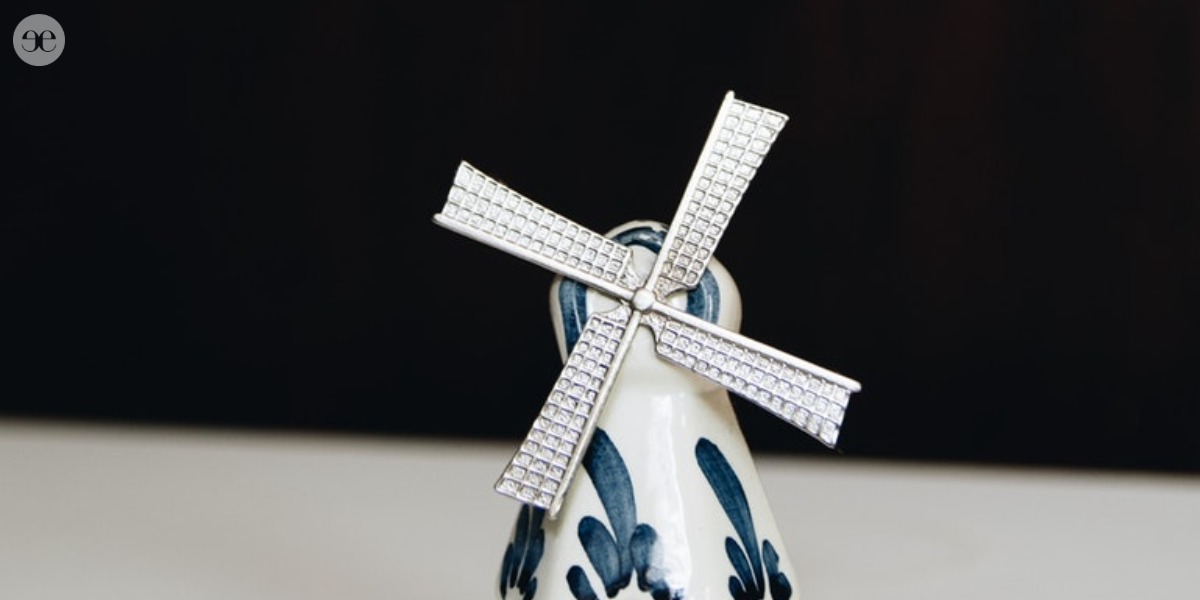You can't Dutch this: Why the Dutch speak such good English
by Claire Niven
 >
>
A light-hearted look at why the Dutch speak such good English
The Dutch speak excellent English
There's no denying it; no one can touch the Dutch when it comes to speaking excellent English. They learn it from an early age, they are not self-conscious (a familiar problem for most English speakers struggling to learn another language) and they are exposed to it from every angle. And what’s more, they easily accept that the world at large does not know a single word of their rasping, sing-song, impossibly long worded and grammatically baffling language.
English is everywhere
English is on television and radio, in advertising slogans and it invades all areas of popular culture especially music, with the notable exception of ‘Despacito’! Movies and TV programmes are often not dubbed. Some words don’t even have a Dutch equivalent such as hashtag, social media likes and airbag. And there is humour to be found where they do, such as the word for the @ sign which is apenstaartje, meaning monkey tail.
There is plenty of scope for an earnest article about the Dutch and their relationship with the English language. For example, did you know that the Netherlands is the country with the highest English proficiency for a non-native country? Or maybe it will come as a surprise to you that for a long time English wasn’t the adopted second language, it was German.
But in the end, it seemed like a more entertaining idea to write about how the Dutch wear hand shoes (gloves) when they are cold!
Funny phrases
There is so much humour to be found in the language of my adopted country. But, if hand shoes are funny, it’s nothing compared with eating peanut cheese (as the Dutch call peanut butter), wearing ear bells (earrings are oorbellen), or sitting on toilet glasses (toilet brill is a loo seat). And my personal favourite: the word for greyhound is windhond which literally translates as wind dog.
What I am referring to is nothing new. Self-mocking books such as ‘I always get my sin’ are popular among Dutch and English alike, and there are endless YouTube channels dedicated to the endearing Dunglish gaffes of football manager Louis Van Gaal.
As well as getting things wrong, there is the problem of getting things so right that they are wrong! My landlord once left some instructions about how to clean the floor using ‘an abundance of water’. Nothing wrong with that, grammatically speaking. It’s just that there is, I suspect, hardly a native English speaker in town who uses such a poetic noun about a bucket of water and a mop (or perhaps I’m just mixing with the wrong people?).
So why is it so hard to learn Dutch?
The readiness of the Dutch to reply to your heavily accented request for a kopje koffie in English is legendary. Combine this with our laziness and a bit of trepidation and I think you have your answer.
But there are a million reasons why it is worth the effort to learn Dutch: a sense of community, politeness, being able to tell a child where the toilet is.
So, an apple is appel, a pear is peer, a banana is banaan. This is going well.
De beer dronk bier.
The bear drank beer.
Oh dear.
In the immortal words of MC Hammer: “You can’t touch this….”